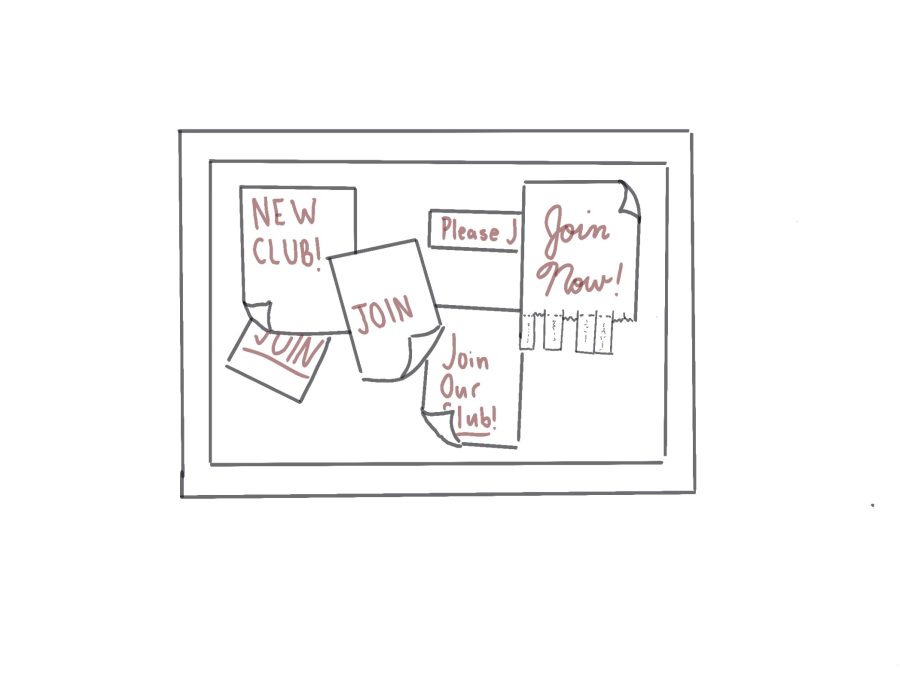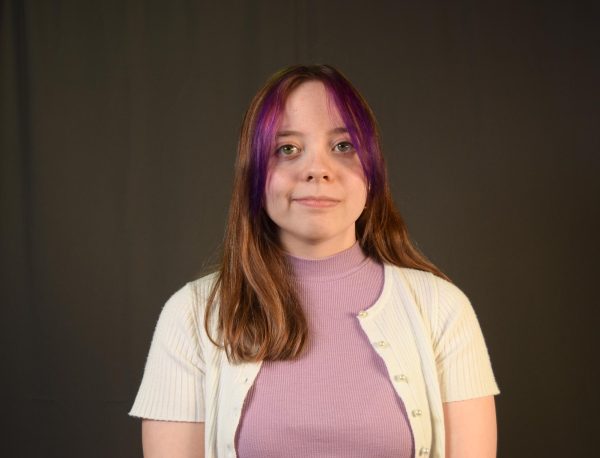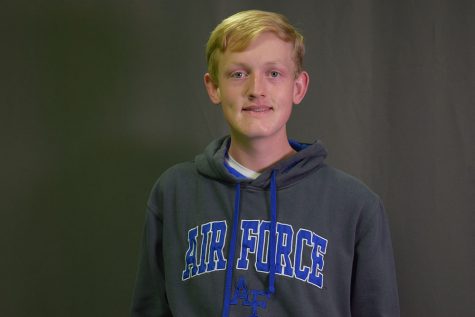Passion or planning: NHS student body battling the stereotype of students joining clubs for college applications
December 14, 2022
Ashley Weaver walks briskly to the main gym and Diya Nair rushes, stress clouding her mind. The two juniors dash through the halls, anticipation filling the air, as the clock strikes 2:40 and club meetings at NHS begin.
Weaver and Nair are just two of the countless students who have joined clubs at NHS this year for a variety of reasons. Perhaps they want to fill the rest of their day with an activity they enjoy. Some people look at students joining clubs and their immediate thought is that students joined to beef up their college application, but that’s not always the case.
“I was inspired to join these clubs because I heard it was a great way to meet new people. Also, I wanted to do more and decided to pursue some of my interests,” Nair said. “Now, I continue on with my interests to build my portfolio for college.”
While some students pour everything that they have into a select number of clubs, other students strive to be a part of as many groups as they can. One of these students is Nair; she is involved in 9 clubs. The thought of putting the clubs on her college application floated through her mind, but that doesn’t take away from the fact that she initially joined because the clubs sounded like an ideal way to pass time.
“I did [Best Buddies] freshman year. I’m just a member of the club, but I wanted to get to know more of the kids.” Weaver said.
Weaver stays passionate about the club, even years later. Best Buddies is one of the many clubs available to students at NHS that promote helping others both in and out of the classroom. They focus on pairing students with disabilities and without disabilities. Weaver enjoyed her past experiences so much that she signed up for a class that has a similar objective to Best Buddies.
“[I was] inspired to join Best Buddies [because] I’m in peer tutoring, and we help to take care of the kids who have special needs in the school. I have them for my first block,” Weaver said. “I help them with their gym [class]. I also have them during AL and help to get them around.”
Many students are simply members of clubs, but like senior Daniella Tuesca, president and cofounder of the Latin Student Union, some students take higher positions. The LSU is an example of the clubs at NHS giving the student body a space to embrace their culture and ethnicity. Clubs like these tend to have a large number of students, giving students involved a home away from home.
“I wanted to be able to create a space for a lot of new Venezuelan students coming into the school,” Tuesca said. “So I figured it would be good bringing all the Hispanic students in the school into one space.”
While some clubs are focused on helping the community as a whole, the LSU, with Tuesca’s leadership, focuses on providing a community for the Latin students of NHS.
“We play Jeopardy and Quizlet Lives. Sometimes we go to the gym and play soccer. It’s some place we can all go and have fun without worrying what language we’re speaking,” Tuesca said. “Whenever I’m planning, [I] try and picture myself as if I was just a member and I think ‘What would I want to do?’”
Students at NHS experience the fun projects and activities clubs have to offer, as well as the other worthwhile aspects of clubs. The student body joins clubs to meet others that share the same passions and interests as them.
“[Joining clubs] definitely made transitioning from COVID years easier. Every club I’ve been in is very welcoming and I sometimes find people in classes or in the halls,” Nair said. “Since I know these people and I know I work well with them, school work becomes easier and enjoyable too. I feel like if I didn’t join the clubs, I would be having a harder time than I am.”





